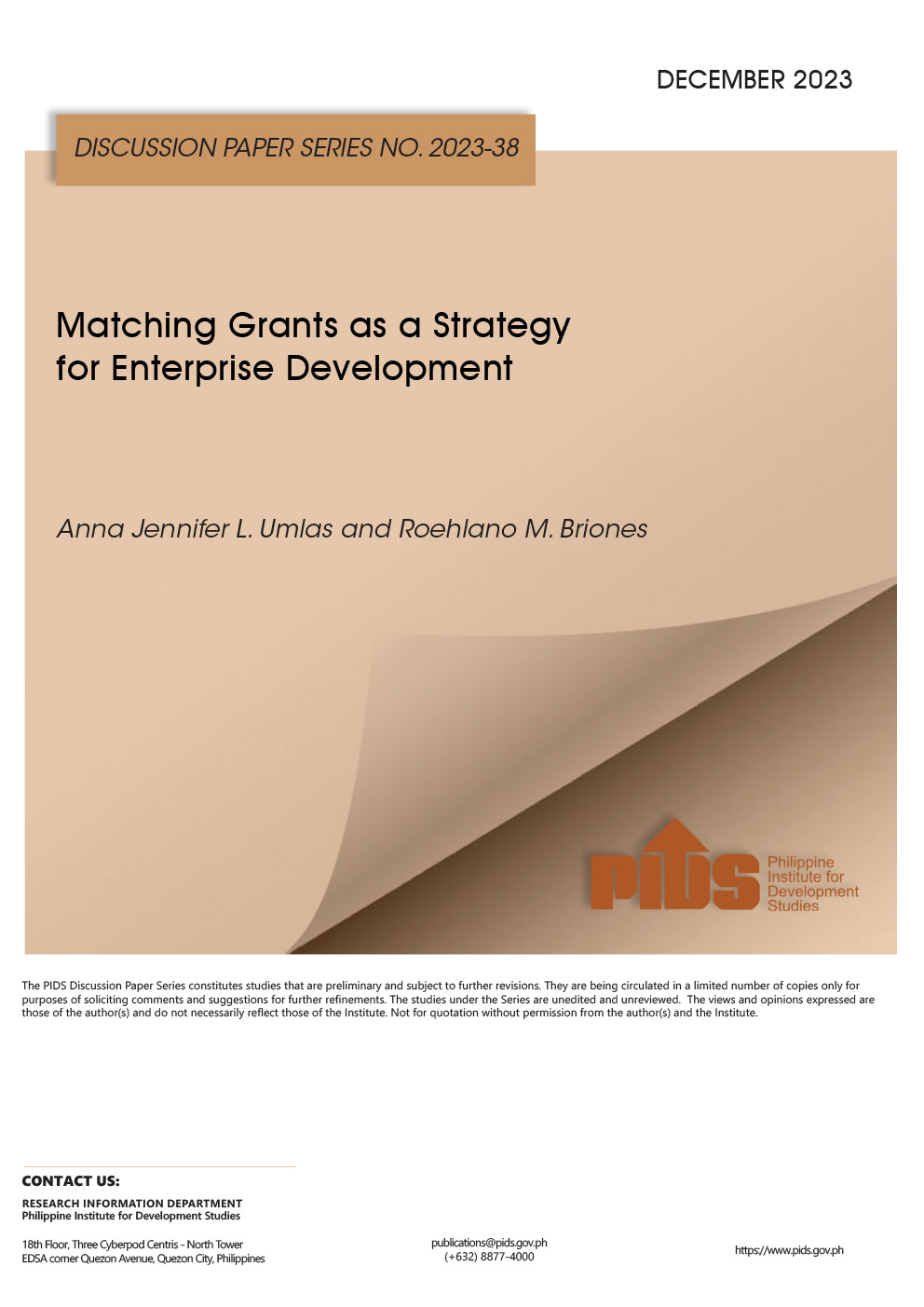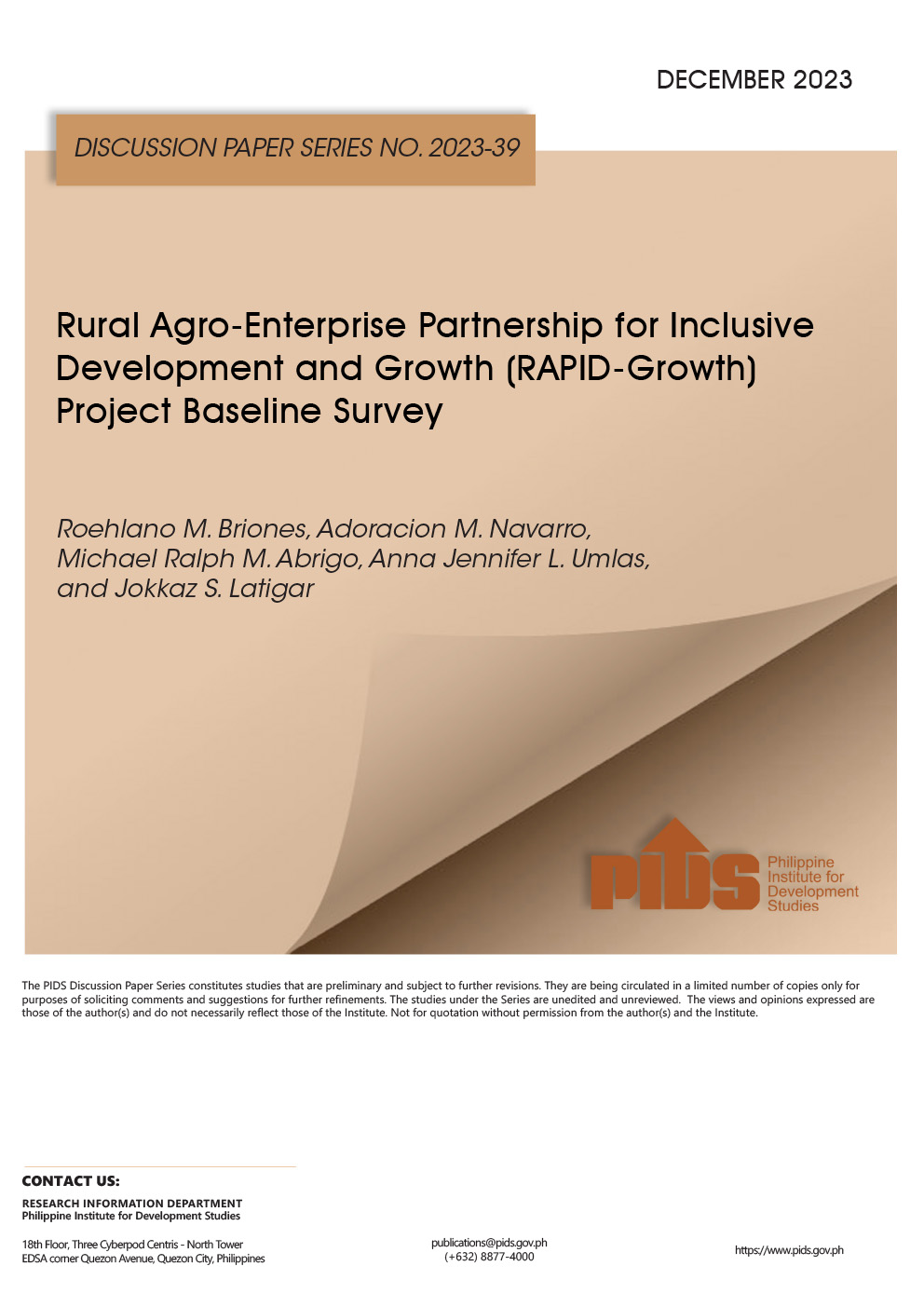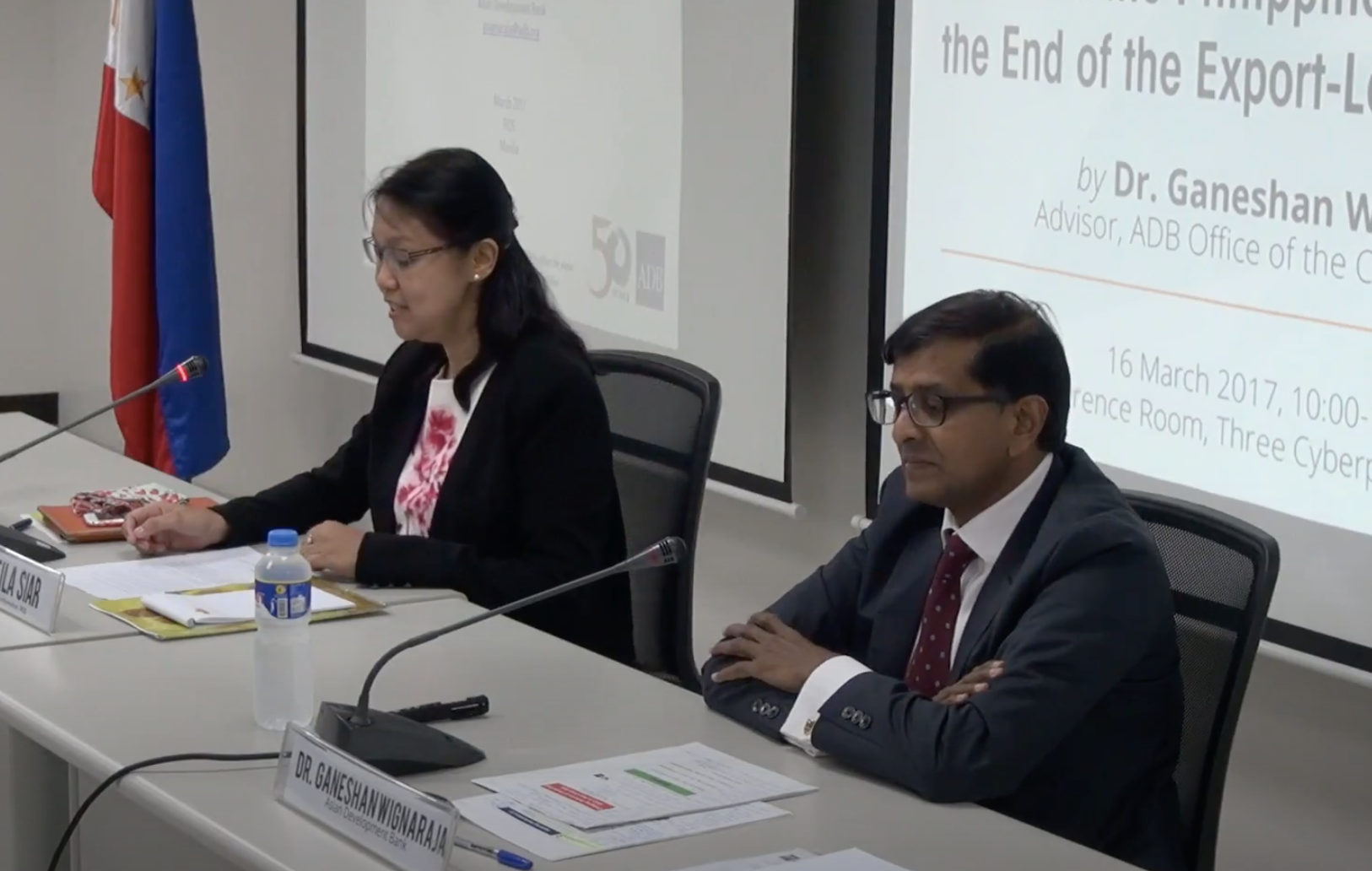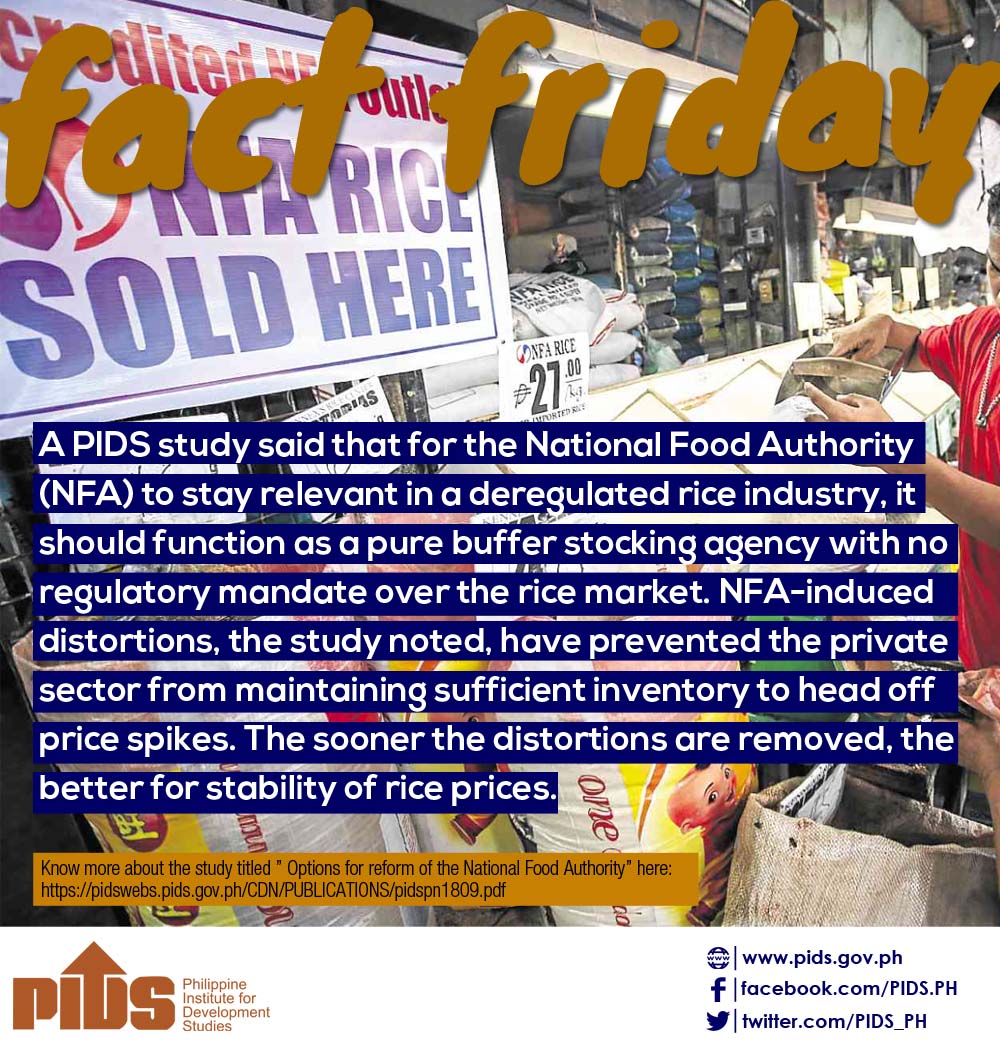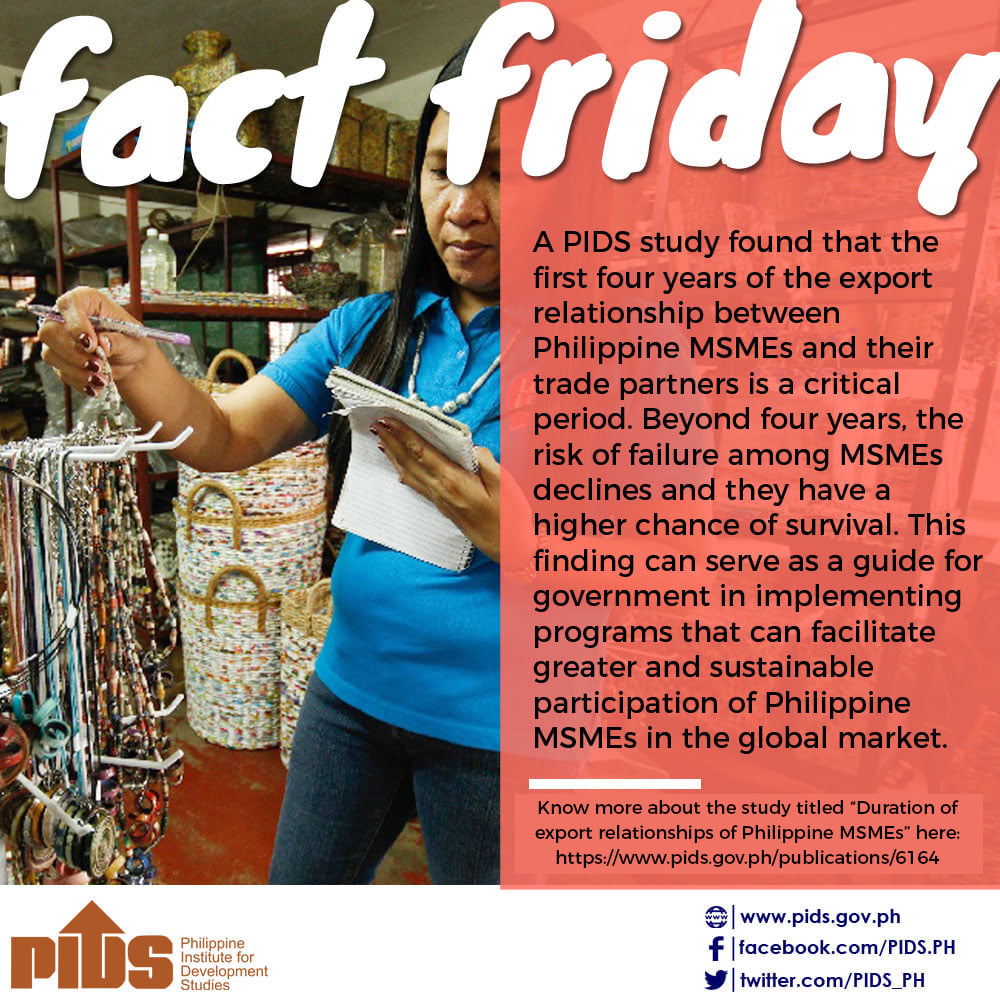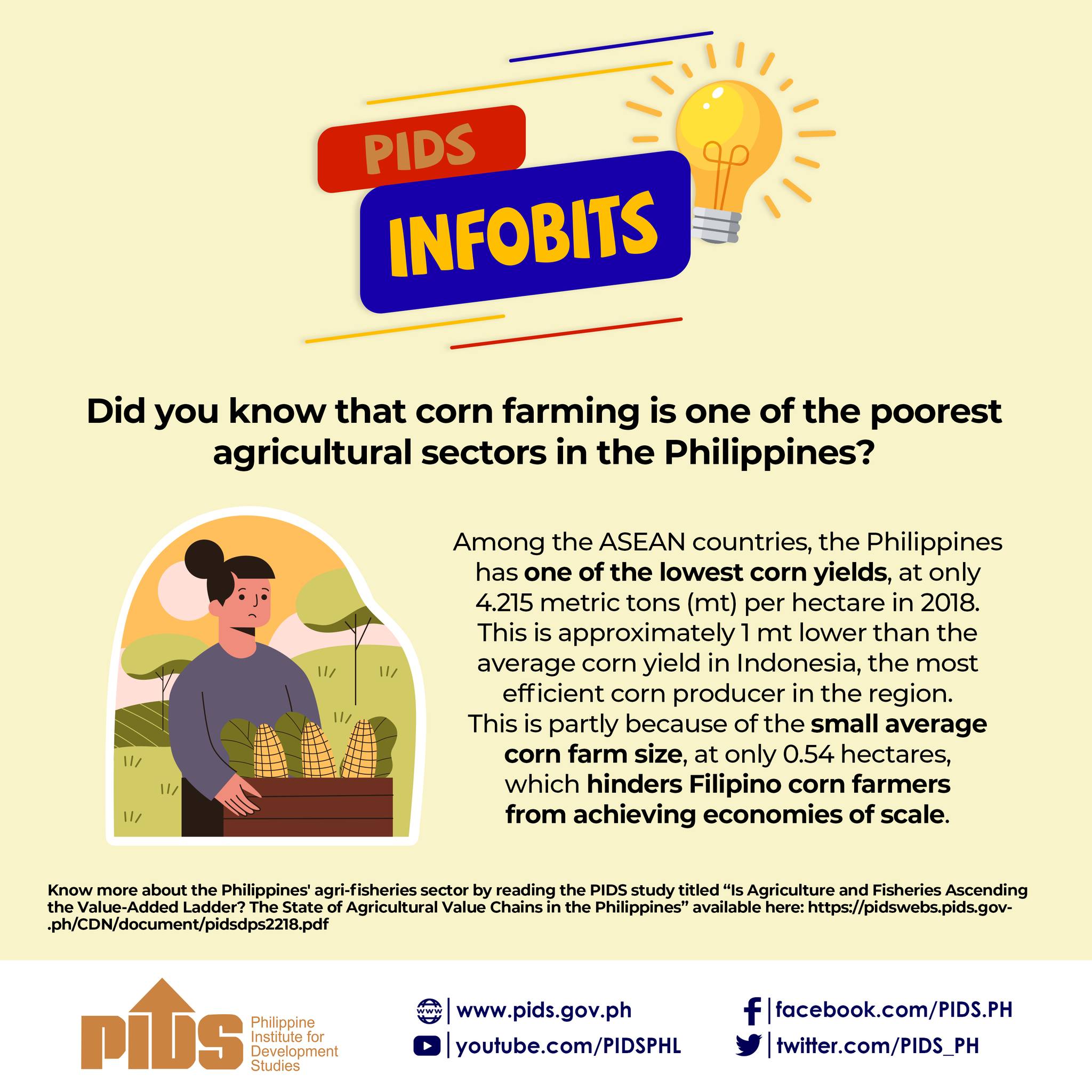The government is keen on allowing farmers to export corn and rice to boost their income after the quantitative restriction (QR) on rice is abolished by Congress via the amendment of a law that allowed its implementation.
The National Food Authority (NFA) and the Department of Agriculture (DA) asked lawmakers to include a provision in a bill amending Republic Act (RA) 8178, or the Agricultural Tariffication Act, that would remove the need for a certification of a surplus before farmers could export rice or corn.
The provision will amend a certain section of Presidential Decree (PD) 4 that mandates the need for a certification of surplus production to allow the export of rice and corn, according to NFA Administrator Jason Laureano Y. Aquino.
“The NFA also proposes to remove the need for a certification of excess in production and/or supply, from the [NFA] Council after proper consultation with the Office of the President to undertake exportation of rice, corn and grains and/or their substitutes and/or by-products,” Aquino said in the NFA’s position paper, a copy of which was obtained by the BusinessMirror.
The NFA’s position paper was submitted to the House Committee on Food and Agriculture chaired by Party-list Rep. Jose T. Panganiban of Anac-IP. The committee, through a technical working group (TWG), is currently reviewing a draft bill that would amend RA 8178.
The initial working draft of the substitute bill amending RA 8178 indicated that the ban imposed on the country’s rice exports shall be lifted regardless of the level of domestic supply.
“Consistent with the aim to enhance the industrial competitiveness of the local rice-farming industry, all laws, regulations and issuances restricting or limiting the export of rice are hereby repealed, including, but not limited to, section 6 (A) (XIII) of PD 4, as amended”, the draft read.
However, should there be a shortage in the supply of rice, whether actual or foreseen, the President shall have the authority to temporarily regulate the export of rice for a limited and specified period of time. Such power shall be exercised by the President upon the certification of shortage by the DA in consultation with all relevant agencies, according to the initial working draft.
During the deliberations last September 19, the TWG adopted the proposal of the DA to also lift the export ban on corn in the draft bill amending RA 8178.
In its position paper submitted to the House Committee on Food and Agriculture, the DA echoed the NFA’s proposal to remove the need for certification before localrice and corn farmers could export their produce.
“To establish rules and regulations governing the export of rice, corn and other grains and/or their substitutes and their by-products/end-products and to collect fees and charges for such exportation at rates to be determined by council,” the DA position paper read, a copy of which was obtained by BusinessMirror.
“In the exercise of this power, the authority shall provide the guidelines for the exportation of rice and corn and other grains and/or their substitutes and their by-products/end-products by certified and licensed exporters,” the paper read.
Viable option’
Philippine Maize Federation Inc. (PhilMaize) President Roger V. Navarro told the BusinessMirror that the removal of the ban on exporting corn would open the world market to local farmers.
“That’s a great development. We will have the option to export if the price of corn in the international market is higher,” Navarro said.
He said farmers could ship corn to Taiwan, South Korea, Indonesia and Malaysia.
Easing the restrictions on exporting grains, Navarro said, would also boost the farm-gate price of corn. “The ability to export would be considered by traders in setting farm-gate price.”
The PhilMaize chief said his group is considering the possibility of selling rice-corn blend here and abroad. Navarro said the rice-corn blend is popular in Middle Eastern countries.
He noted the rice-corn blend is packed with minerals and is suitable for diabetics as it has a lower glycemic index.
Philippine Institute for Development Studies Senior Research Fellow Roehlano M. Briones said the export of corn would help regulate the domestic price of the grain during harvest.
“It might help the local corn industry whenever there’s a surplus and when prices are depressed. The world market serves now as a viable outlet for corn farmers and traders,” Briones told the BusinessMirror.
The National Food Authority (NFA) and the Department of Agriculture (DA) asked lawmakers to include a provision in a bill amending Republic Act (RA) 8178, or the Agricultural Tariffication Act, that would remove the need for a certification of a surplus before farmers could export rice or corn.
The provision will amend a certain section of Presidential Decree (PD) 4 that mandates the need for a certification of surplus production to allow the export of rice and corn, according to NFA Administrator Jason Laureano Y. Aquino.
“The NFA also proposes to remove the need for a certification of excess in production and/or supply, from the [NFA] Council after proper consultation with the Office of the President to undertake exportation of rice, corn and grains and/or their substitutes and/or by-products,” Aquino said in the NFA’s position paper, a copy of which was obtained by the BusinessMirror.
The NFA’s position paper was submitted to the House Committee on Food and Agriculture chaired by Party-list Rep. Jose T. Panganiban of Anac-IP. The committee, through a technical working group (TWG), is currently reviewing a draft bill that would amend RA 8178.
The initial working draft of the substitute bill amending RA 8178 indicated that the ban imposed on the country’s rice exports shall be lifted regardless of the level of domestic supply.
“Consistent with the aim to enhance the industrial competitiveness of the local rice-farming industry, all laws, regulations and issuances restricting or limiting the export of rice are hereby repealed, including, but not limited to, section 6 (A) (XIII) of PD 4, as amended”, the draft read.
However, should there be a shortage in the supply of rice, whether actual or foreseen, the President shall have the authority to temporarily regulate the export of rice for a limited and specified period of time. Such power shall be exercised by the President upon the certification of shortage by the DA in consultation with all relevant agencies, according to the initial working draft.
During the deliberations last September 19, the TWG adopted the proposal of the DA to also lift the export ban on corn in the draft bill amending RA 8178.
In its position paper submitted to the House Committee on Food and Agriculture, the DA echoed the NFA’s proposal to remove the need for certification before localrice and corn farmers could export their produce.
“To establish rules and regulations governing the export of rice, corn and other grains and/or their substitutes and their by-products/end-products and to collect fees and charges for such exportation at rates to be determined by council,” the DA position paper read, a copy of which was obtained by BusinessMirror.
“In the exercise of this power, the authority shall provide the guidelines for the exportation of rice and corn and other grains and/or their substitutes and their by-products/end-products by certified and licensed exporters,” the paper read.
Viable option’
Philippine Maize Federation Inc. (PhilMaize) President Roger V. Navarro told the BusinessMirror that the removal of the ban on exporting corn would open the world market to local farmers.
“That’s a great development. We will have the option to export if the price of corn in the international market is higher,” Navarro said.
He said farmers could ship corn to Taiwan, South Korea, Indonesia and Malaysia.
Easing the restrictions on exporting grains, Navarro said, would also boost the farm-gate price of corn. “The ability to export would be considered by traders in setting farm-gate price.”
The PhilMaize chief said his group is considering the possibility of selling rice-corn blend here and abroad. Navarro said the rice-corn blend is popular in Middle Eastern countries.
He noted the rice-corn blend is packed with minerals and is suitable for diabetics as it has a lower glycemic index.
Philippine Institute for Development Studies Senior Research Fellow Roehlano M. Briones said the export of corn would help regulate the domestic price of the grain during harvest.
“It might help the local corn industry whenever there’s a surplus and when prices are depressed. The world market serves now as a viable outlet for corn farmers and traders,” Briones told the BusinessMirror.

